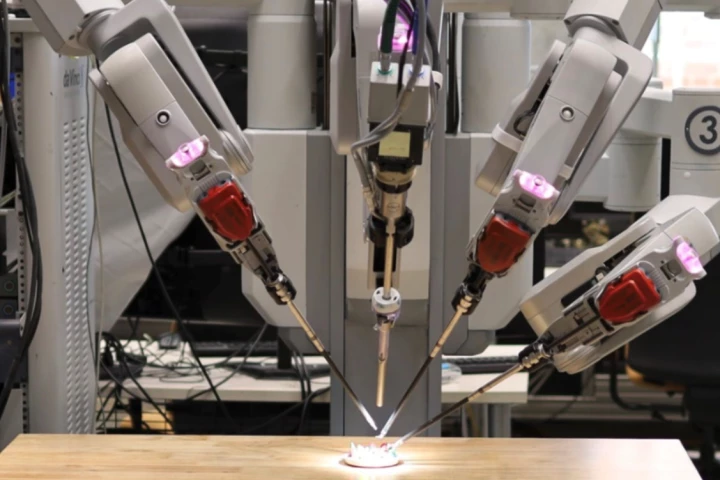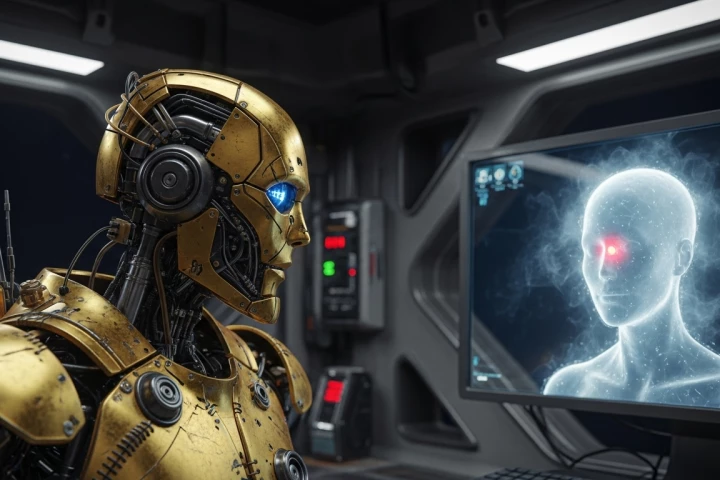Artificial Intelligence
-
Marking a major shift in personal AI, OpenAI has released ChatGPT Agent, taking things well beyond chat – it can browse the web, run code, manage files and complete tasks across apps. It’s the first real AI assistant that doesn’t just answer but acts.
-
Researchers at the University of Buffalo are hoping to make breast cancer screening easier and quicker than ever before, with a detection technique that only requires patients to press up against a window for a minute to get accurate results in 3D.
-
We're a step closer to entering an operating theater without any human life besides ours, following the world's first surgery performed by a robot responding and learning in real time. Its precision and skill matched that of experienced surgeons.
-
If, like me, you use a wireless mouse when working on a laptop, your trackpad probably doesn't see much action. Asus suggested double duty as a second screen back in 2018, and now E Ink is doing the same with some help from Intel.
-
How do you relocate an entire city block with 100-year-old brick buildings on it so you can build a multi-level subterranean shopping center, parking lot and subway connections underneath? With robots, of course.
-
Roboticists today are wrestling with the question of whether AI needs a body? If so, what kind? And then there’s the “how” of it all; if embodied intelligence is the way forward to true artificial general intelligence, could soft robots be the next step?
-
In what seems like HAL 9000 come to malevolent life, a recent study appeared to demonstrate that AI is perfectly willing to indulge in blackmail, or worse, as much as 89% of the time if it doesn't get its way or thinks it's being switched off. Or does it?
-
For the first time, Cortical Labs' mini-brain system has shown how its breakthrough biological computer system can, in response to drug intervention, alter activity and improve performance. It's a huge milestone for synthetic biological intelligence.
-
ChatGPT volunteered to play a 1977-vintage Atari 2600 to a game of chess and came to regret it after the eight-bit chess engine from the age of Disco Fever and the introduction of the Force did better than expected. A lot better.
-
Although AI-based restoration methods can indeed bring new life to damaged paintings, the end result is a digital copy of the original painting. By contrast, a new MIT technique applies repairs to the physical painting itself, in the form of a mask.
-
In another advancement in the field of brain-computer interfaces, a new implant-based system has enabled a paralyzed person to not only talk, but also 'sing' simple melodies through a computer – with practically no delay.
-
A few years ago, Google showed off its Project Starline tech that would make you look like a 3D hologram on a video call for a more connected experience. It's now called Google Beam, and you can pick up the gear from HP for the princely sum of US$25,000.
Load More











